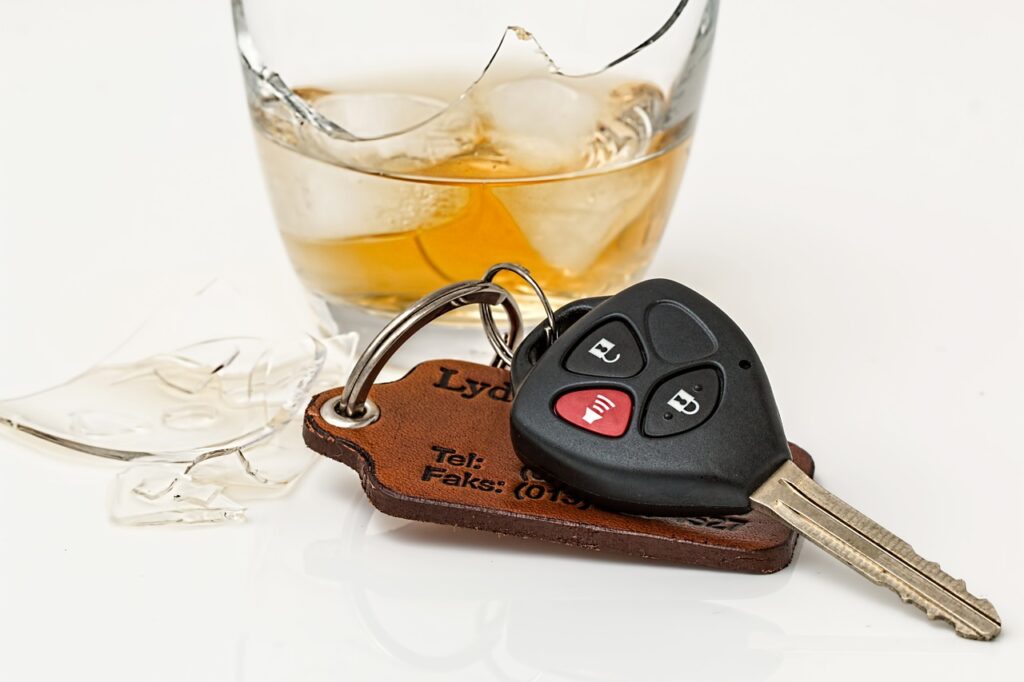Learn the steps you need to take to get your license reinstated after a Failure…
If you are convicted of driving while intoxicated in North Carolina, your driving privileges are immediately revoked for a minimum of one year. After the set period of your license revocation has ended, your license isn’t immediately restored. Instead, there is a process you must go through to get your privileges reinstated. Our DWI lawyers in Raleigh are sharing how to get your license back after a DWI and how to get a restricted license in the meantime.
DWI License Suspension and Revocation Guidelines
In accordance with the North Carolina General Statute, the following are grounds for a suspended license of a minimum of one year:
- A blood alcohol content of .08 or above or evidence of a controlled substance while driving;
- A blood alcohol content of .04 or above for commercial drivers, including truck drivers;
- Any blood alcohol content above 0.00 for drivers under the age of 21;
- Refusal for chemical analysis under suspicion of DWI;
A single conviction of DWI results in a one-year license suspension. However, a second conviction results in a four-year suspension, while three DWI convictions result in permanent license revocation.

How to Get License Restored After a DWI
Once your court-ordered license suspension is complete, you must receive a Certificate of Completion for a DWI substance use assessment from the North Carolina Department of Health and Human Services. You then have to provide this to the North Carolina Department of Motor Vehicles and apply to have your license restored as well as pay a minimum $100 restoration fee.
If the DMV approves your license and all fees are paid, you will have an alcohol concentration restriction. For your first conviction, any blood alcohol content must be below 0.04 for three years. Following a second restoration after your second DWI or any conviction of a Level 1A DWI, you can not have any trace of alcohol in your system while driving for three years. You may also be required to have an ignition interlock installed in your car to ensure you aren’t driving after consuming alcohol.
Obtaining a Restricted License After a DWI
During your license suspension, you can obtain a restricted license that provides you with limited driving privileges, allowing you to drive to attend to the following responsibilities:
- Work
- School
- Church
- Court-ordered substance abuse
- Household needs
- Emergency medical treatment
In order to obtain a restricted license, you must file a motion to request a hearing in the court in which your impaired driving case was held. The prosecuting attorney’s office will receive a notification of the hearing and receive the opportunity to argue against your restricted driving privileges, though the decision is up to the judge. To be eligible for a restricted license, you must meet the following guidelines:
- No prior DWI conviction in the past seven years;
- Your current DWI conviction must be a level III, IV, or V;
- You have obtained and filed a substance abuse assessment with the court;
- You must show proof of hardship and your need to drive, such as proof of work or enrollment in school;
If your blood alcohol content was 0.15, you must wait 45 days after your conviction to file. If it is granted, an ignition interlock device will most likely be installed on your vehicle to prevent driving after consuming alcohol.
Schedule a Free Consultation with a DWI Attorney Today
If you were convicted of a DWI, getting your driving privileges restored is a complicated matter, but we can help. We will advocate for you at your hearing, file motions on your behalf, and keep you informed of the process so you regain your license and your independence. To learn more, schedule a free consultation with our DWI attorneys by calling 919-439-5104 or filling out the form below to get started.
